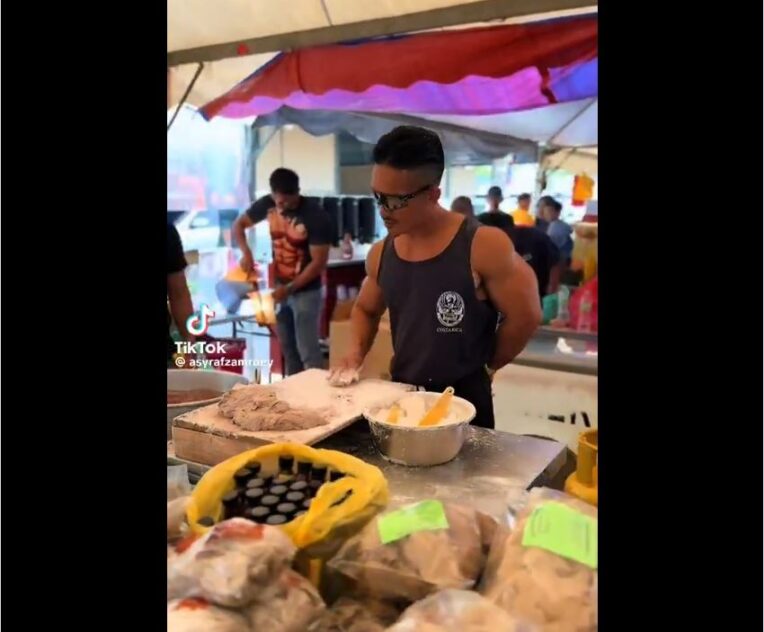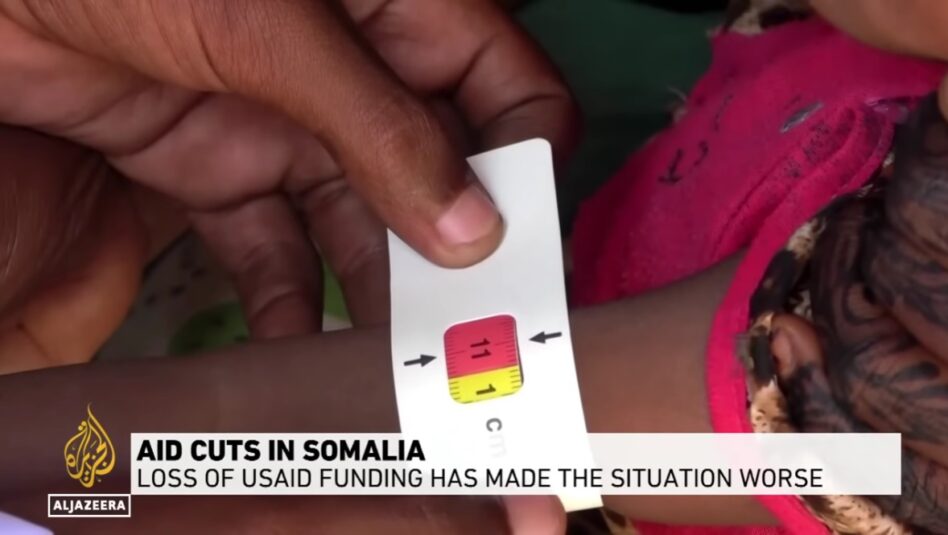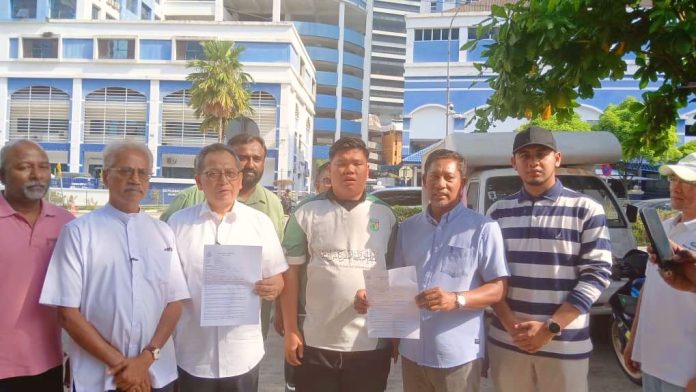By Prof P Ramasamy
The Inspector-General of Police (IGP) Datuk Seri Acryl Sani Abdullah must address the prevalent “subjectivism” in the police force.
He came up with a “brilliant” new idea; those detained by the police must undergo compulsory medical screening.
It looks the police are now concerned about deaths in police custody, especially the recent cases of A Ganapathy in April and S Sivabalan in May, both detained in the Gombak police station.
And do not forget, the recent death of Surendran Shanker, detained in Selangor, but later placed in Simpang Renggam prison in Johor.
I am not saying that medical screening is not important, but it may not be the real solution to stop deaths in police custody.
It is not that the police do not have standard operating procedures (SOP) as how detainees are to be treated, but adherence to the protocols seems to the very poor.
An additional protocol such as medical assessment does strengthen the existing SOP, but whether it will deter deaths in custody remains to be seen.
Acryl Sani, as the newly minted IGP, must not blow the medical screening process out of proportion, to the extent that behaviour of police personnel towards detainees in general is overlooked.
My question is simple. How is the force going to improve the attitudes of policemen who have been appointed to uphold law and order?
Why is there a common tendency among some sections of the police force to regard detainees on remand as criminals, without the latter undergoing due process?
The police are there to investigate and apprehend suspected criminals, but it is up to the courts to decide whether they are guilty of otherwise.
The police cannot act as the judge, jury and executioner.
Meting out harsh punishments to detainees even before evidence is gathered and taken to court is the major cause of deaths in custody.
Suhakam, EAIC cannot do much
Acryl Sani should really look into this “subjectivism” before mechanically responding in terms of medical screening to prevent such tragedies.
One more item in their SOP, the form of medical screening, is not going to fundamentally alter the landscape of custodial deaths.
And I have said this countless times, the police cannot investigate their own personnel in regards to deaths in custody or any other serious violations.
Improving the SOP and institution of other measures are important, but they by themselves are not a sufficient deterrent.
The police force must come to terms with two forms of inter-related “subjectivism”: One is that those detained are by definition guilty of crime and the other is the widespread belief that the police are beyond reproach.
It is this notion of impunity from prosecution that have emboldened some elements within the police force to take on the roles of investigators, prosecutors, judges and executioners.
Contrary to the bureaucratic thinking of Acryl Sani, deaths in custody cannot be deterred by adding on to the existing SOP. If the police SOP are grossly inadequate, what difference would it make?
While the Human Rights Commission of Malaysia (Suhakam) and Enforcement Agency Integrity Commission (EAIC) must take a vigorous step in investigating deaths in custody without fear or favour, unfortunately, they can only operate in an advisory role.
A role which Government institutions do not take them seriously, especially the police force.
Whichever direction one turns, there is no escaping from the dire and urgent need of an independent agency to investigate and prosecute those responsible for deaths in custody.
The police are not above the law. In fact, punishment should be harsher on them simply because they are the guardians of law and order.
I would advise Acryl Sani not to beat about the bush in addressing the problem of deaths in custody. He should not pretend that all is well within the police force, except to plug a few holes here and there. – June 1, 2021.









